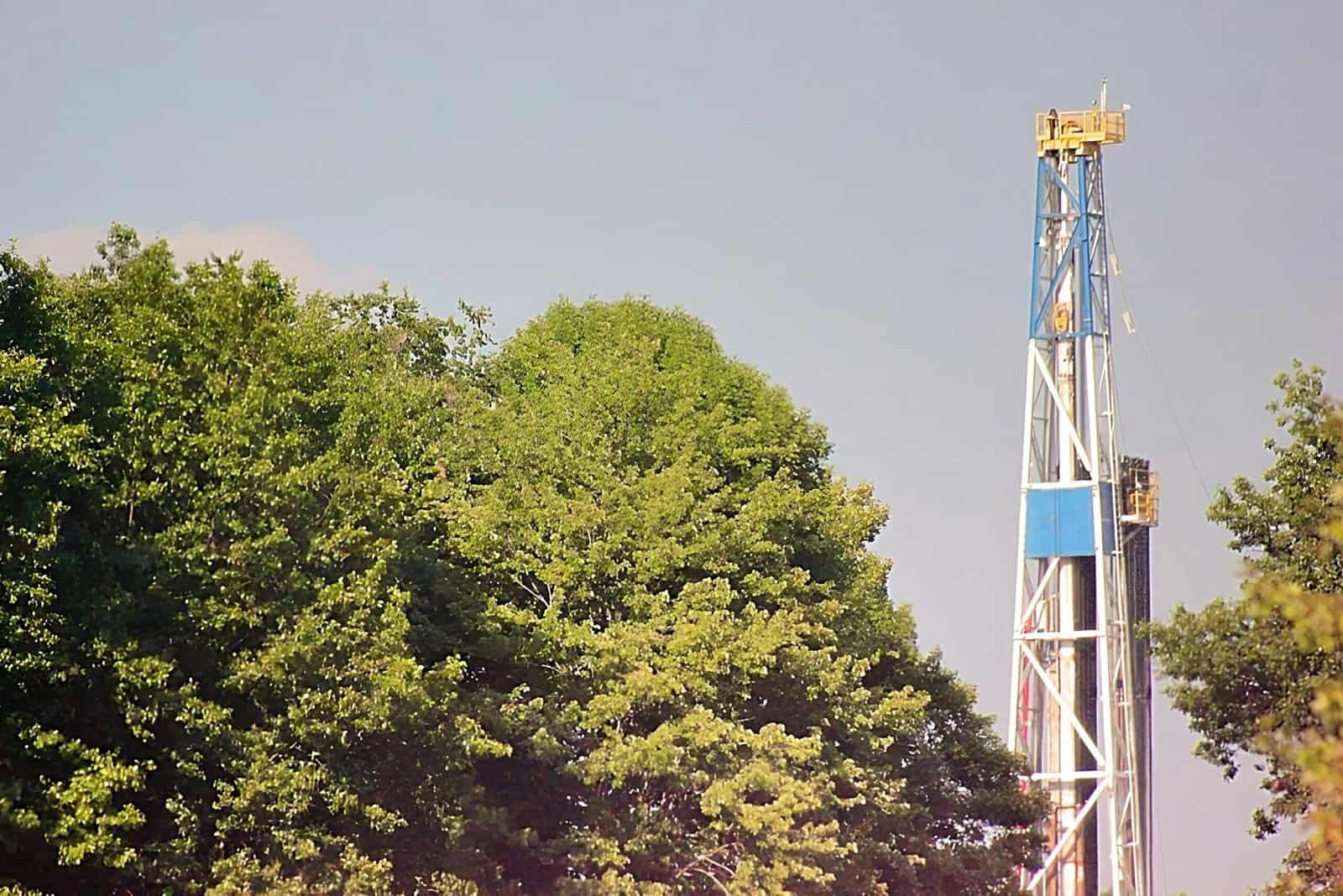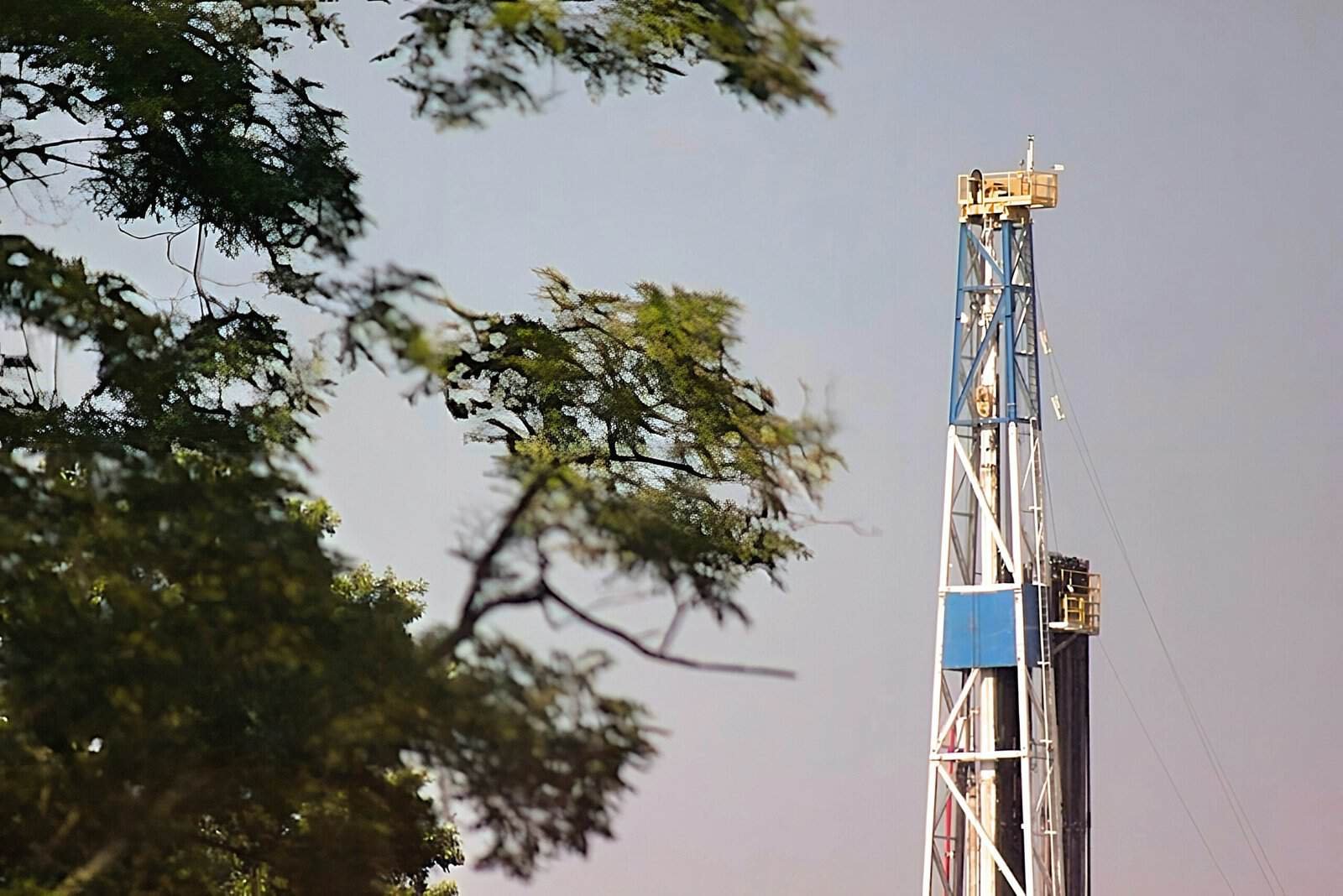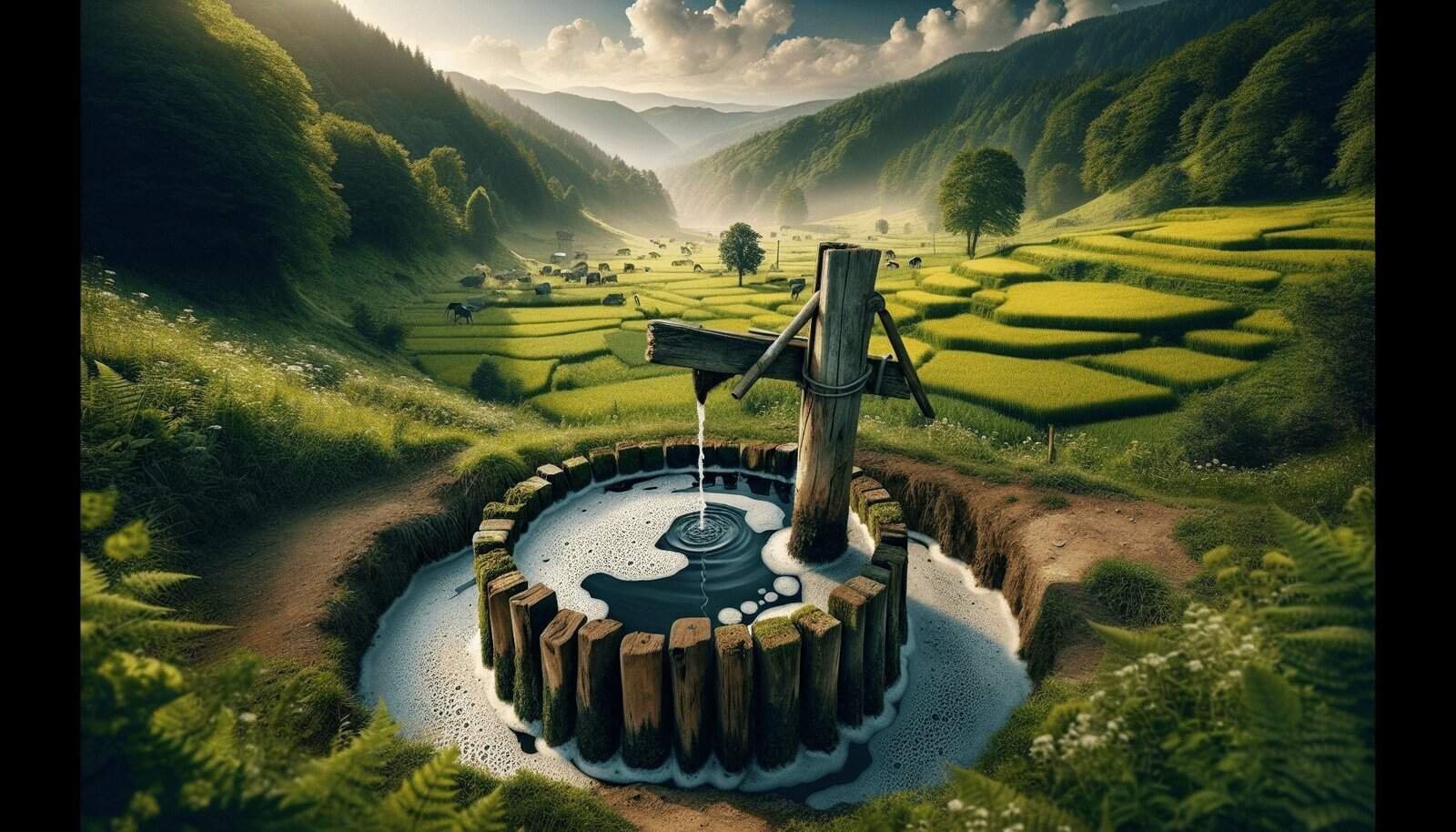Have you ever wondered what happens when the land beneath our feet is probed and altered to extract resources like oil or gas? In many areas, a knock-on effect is felt where it matters most—right in our homes. This leads us into a pressing issue impacting Medina County families, as they voice concerns that drilling activities are polluting their water wells.
Understanding the Issue of Water Well Contamination
For those familiar with rural life, water wells are lifelines. They provide essential water supplies that communities use for everything from drinking to farming. When these wells become polluted, it affects the entire community’s health and daily life. In Medina County, reports of water well pollution have been growing, pointing fingers at local drilling operations.
What is Causing the Pollution?
The primary suspect in the pollution of water wells is the process of hydraulic fracturing, commonly known as fracking. This method involves injecting water mixed with chemicals deep underground to fracture rock formations and release natural gas or oil. Although efficient for energy extraction, fracking has shown potential adverse effects on nearby water sources.
Hydraulic Fracturing (Fracking): This process is primarily blamed for the contamination issues. Fracking results in chemicals leaking into the underground water systems, which could seep into water wells.
Chemical Leaks: Often in fracking, the chemicals used can migrate from the intended path and find their way into groundwater supplies, thus polluting water wells.
The Extent of the Problem
In many ways, Medina County serves as a microcosm of a larger national issue. Regions across the United States have reported similar problems, where nearby drilling activities have coincided with changes in water quality. While some argue the relationship is coincidental, studies and firsthand accounts from affected families tell a different story.
Community Reports: Residents have reported changes in the taste, color, and smell of their well water since drilling began nearby.
Health Implications: For some families, these changes have correlated with an increase in health issues such as skin rashes, gastrointestinal problems, and other ailments tied to contaminated water.

Impacts on Local Communities
When water wells are compromised, communities pay the price. Here’s how the Medina County families are impacted.
Daily Life Disruptions
Water well pollution doesn’t just pose a health risk; it uproots daily life.
Relying on Bottled Water: Families have had to switch to bottled water for cooking, drinking, and even bathing, which can be both inconvenient and costly.
Financial Strain: The need to install filtration systems or to drill new, safe wells adds financial burdens on families already dealing with the repercussions of pollution.
Environmental Consequences
Beyond human impacts, the environment itself suffers when water sources are contaminated.
Ecosystem Impact: Local flora and fauna that depend on ground and surface water could face detrimental changes, potentially disrupting entire ecosystems.
Biodiversity Loss: Pollution in drinking water can lead to increased mortality rates among local wildlife, impacting biodiversity.

Efforts and Responses
The growing controversy around the issue has led to various responses, both from the government and civil society, aiming to address the problem.
Regulatory Measures
Authorities have taken steps to mitigate the threat posed by drilling activities.
Regulation Improvements: New regulations may include stricter controls over drilling operations, specifically focusing on protecting groundwater sources.
Monitoring and Testing: Increased monitoring of groundwater quality near drilling sites helps in early detection of contamination, allowing for quicker responses.
Community Actions
Communities themselves have not remained passive spectators but have taken action to protect their water.
Advocacy and Protests: Many families have joined forces, organizing protests and forming advocacy groups to lobby for tougher regulations on drilling activities.
Legal Actions: In some cases, affected families have turned to legal action, seeking compensation for damages and pushing for tighter regulatory measures.

The Role of Technology
Technological advancements could play a critical role in preventing water contamination and ensuring safe drilling practices.
Enhanced Drilling Techniques
Instead of completely ditching drilling, advancements in technology can help minimize its risks.
Better Containment Systems: Innovations in containment for chemicals used in fracking could help prevent leaks into the soil and groundwater.
Real-time Monitoring: Technology-enabled sensing systems can provide instant data on water quality, alerting authorities to any emerging issues.
Alternative Energy Sources
Shift towards alternative energy sources also presents a long-term solution to minimize drilling impacts.
Renewable Energy: Investing in solar, wind, and other renewable energy sources reduce reliance on drilling for fossil fuels, thereby minimizing the risk of associated pollution.
Energy Efficiency Technologies: Implementing technologies focused on energy efficiency can help reduce overall energy demands, curbing the necessity for extensive drilling.

Conclusion: Future Implications
Medina County families’ claims about drilling polluting their water wells echo a broader environmental concern that needs attention. Addressing this issue effectively requires collaboration among the government, industry leaders, and the community. Through innovation, stronger regulations, and community advocacy, there is hope for a future where energy needs are balanced with environmental protection.
How do you view the balance between energy extraction and environmental safety? It’s a dilemma that calls for careful consideration and decisive action to protect our precious water supplies while meeting our energy demands. By understanding the dynamics and working together, communities can work towards solutions that safeguard both the environment and the resources they depend on.

